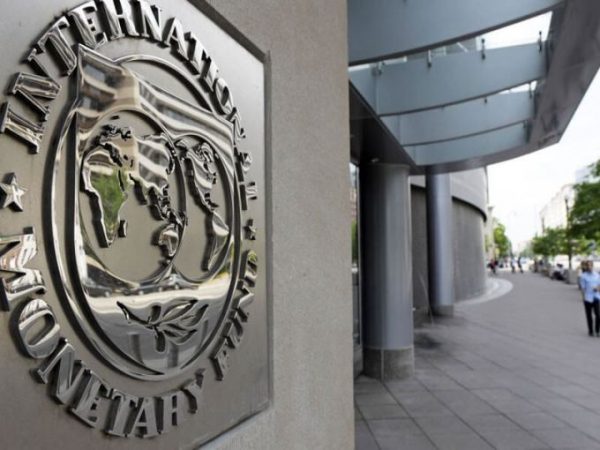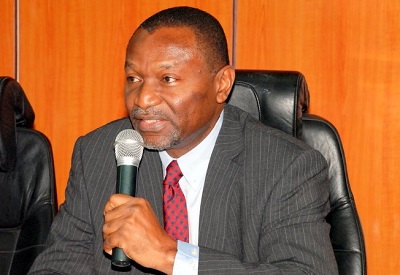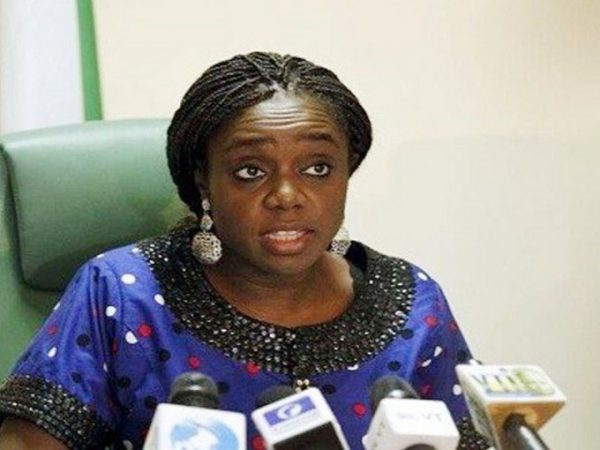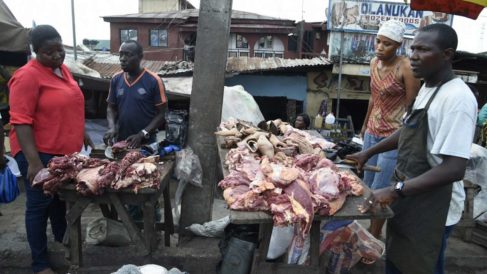You Won’t Be Lucky If Oil Plunges Again, IMF Warns Nigeria, Others
- Forecasts double-digit inflation in 2018-19
The International Monetary Fund (IMF) has cautioned Nigeria and other oil exporting countries yet to utilise the opportunity created by the prolonged stability in crude oil prices to reform their economies, saying they would not be so lucky if crude prices plunge again.
The Economic Counsellor and Director of the Research Department, IMF, Maurice Obstfeld, gave the warning Tuesday at a press briefing to unveil the latest World Economic Outlook at the ongoing IMF/World Bank spring meetings in Washington D.C.
According to Obstfeld, the IMF had been warning for a while that the current cyclical upswing offers policy makers an ideal opportunity to make longer-term growth stronger, more resilient, and more inclusive.
He pointed out that the “present good times” would not last for long, stating that “sound policies can extend the upswing while reducing the risk of disruptive unwinding”.
Obstfeld urged policymakers in Nigeria and other oil exporting countries to rebuild fiscal buffers, enact structural reforms, and steer monetary policy “cautiously in an environment that is already complex and challenging”.
He however forecast that inflation in sub-Saharan Africa was projected to moderate slightly in 2018 and 2019, but was expected to remain in double-digit territory in Nigeria, Angola, and key large economies on the continent.
This, he said, was a reflection of the pass-through effects of currency depreciation and their impact on inflation expectations, supply factors, and assumed monetary policy accommodation to support fiscal policy in Nigeria and Angola.
He welcomed the recent 44-country African Continental Free Trade Area (AfCFTA), which Nigeria declined to sign, saying it holds a lot of promises for the continent.
The AfCFTA gave birth to the world’s largest free trade area since the World Trade Organisation (WTO) was formed in 1995. It was signed during the 10th Ordinary Session of African Union Heads of State summit in Rwanda last month.
“There is room to strengthen the current system rather than risk bilateral fragmentation of international trade. Plurilateral arrangements, if consistent with multilateral rules, can also provide a useful springboard to more open trade.
“Each nation can do much more on its own to promote stronger, more resilient and more inclusive growth. Multilateral cooperation remains essential, however, to address a range of challenges in addition to the governance of world trade,” he said.
Obstfeld added: “Economic diversification away from excessive dependence on commodities, or on a few sectors such as agriculture or tourism, is an overarching imperative for commodity exporters and those countries that are particularly exposed to natural disasters.
“While there is no unique template for all circumstances, general policy attributes that facilitate diversification or help countries cope with climate shocks include sound macro management and judicious use of policy buffers to smooth fluctuations, investment in education and training to improve workforce skills, increased access to credit, and a reduction in infrastructure gaps.”
The Deputy Division Chief of the World Economic Studies Division at the IMF’s Research Department, Malhar Nabar, in response to a question, also noted that a lot of economies in Africa were benefiting from the improvement in commodity prices.
This, he said, had led to improvement in financial conditions in a number of countries in the region, with some of them accessing the Eurobond market.
“But there is need for them to ensure fiscal buffers and fiscal adjustment plans. There are still big challenges that the region faces, especially for the commodity exporters and oil exporters.
“They need to diversify away from their dependency on commodities to other sectors. Broadly, they need to put in place policies that promote broad-based growth and addresses constraints to sustainable growth,” he said.
He however said the direct impact of the ongoing China-US trade war presently was “quite muted on Africa”.








